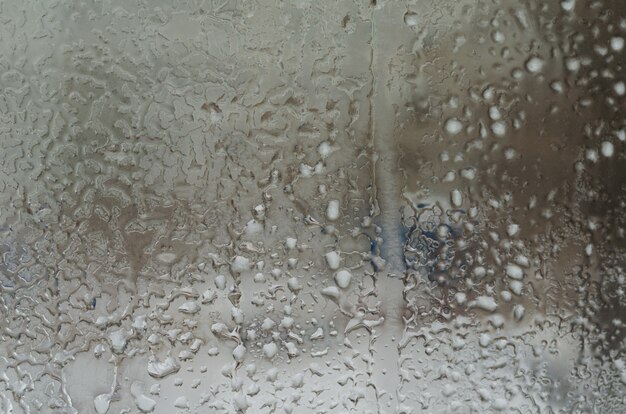Why Your Apartment Feels Like a Sauna and What to Do About It
You've finally made it home after a long day, only to be greeted by an oppressive wave of humidity in your apartment. What's going on? The culprit could be a range of everyday factors contributing to the muggy atmosphere. Luckily, understanding these factors can help you tackle the issue head-on.
Common Causes of Humidity in Apartments
Poor Ventilation: One of the prime suspects in an overly humid apartment is poor ventilation. When air can't circulate effectively, moisture accumulates, creating a sticky environment.
Cooking and Showers: Every time you boil pasta or take a hot shower, steam is released into the air, adding to the humidity levels. Without proper ventilation, this moisture has nowhere to go but linger in your space.
Leaky Windows and Doors: Drafty windows and doors can let in humid air from outside. If your apartment is in a region with high external humidity, inadequate seals can bring unwanted moisture inside.
High Occupancy and Indoor Plants: More people and plants mean more moisture being released into the air. Whether it's from cooking, sweating, or plant transpiration, these factors can significantly increase home humidity.
Easy Solutions for Reducing Humidity
Improve Ventilation: Bring in a breath of fresh air by opening windows and doors when possible, or invest in exhaust fans for the kitchen and bathroom to clear the air post-cooking or showering.
Dehumidifiers to the Rescue: These devices are a lifesaver for those living in particularly humid climates. Dehumidifiers work to remove excess moisture from the air, providing instant relief from humidity.
Seal Windows and Doors: Consider weatherstripping or caulking leaky windows and doors. This not only keeps the humidity from coming in but also helps with energy efficiency.
Use a Humidity Monitor: Easily available and relatively cheap, a humidity monitor can help you keep track of moisture levels. Ideally, indoor humidity should remain between 30% and 50%.
Importance of Managing Humidity
Elevated humidity levels are more than just uncomfortable; they can also have costly side effects. Excessive moisture can lead to mold and mildew growth, which can harm both your health and your belongings. It's also worth noting that high humidity can warp wooden furniture and floorboards, leading to expensive repairs.
Combating Humidity with Financial Support
Addressing apartment humidity may require some financial investment, such as purchasing a dehumidifier or improving your home’s insulation. Fortunately, there are options available to ease the burden.
Consider exploring government aid programs and financial assistance opportunities that make home improvement more accessible. In some cases, your local or state government might offer energy efficiency grants that can help cover weatherproofing expenses. There are also low-interest loans specifically designed for home improvement projects.
Lastly, don’t forget about educational resources that offer free advice and strategies for maintaining a healthy home environment. Many community centers offer workshops on obtaining aid and maximizing your home’s energy efficiency.
Financial and Educational Resources to Explore
🎯 Energy Efficiency Grants: Look for state or local programs that offer rebates or grants for energy-efficient home improvements.
💡 Low-Interest Home Improvement Loans: Available through various financial institutions to facilitate necessary upgrades without a heavy upfront cost.
📚 Community Workshops and Resources: Seek out local non-profits or community centers offering workshops on home maintenance and financial literacy.
By understanding the main causes of humidity in your apartment and utilizing financial or educational resources, you can create a comfortable and healthy living environment without breaking the bank.

